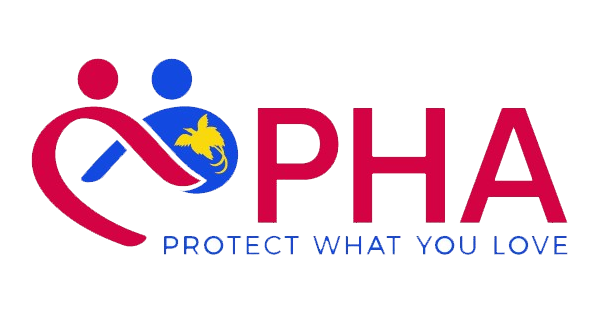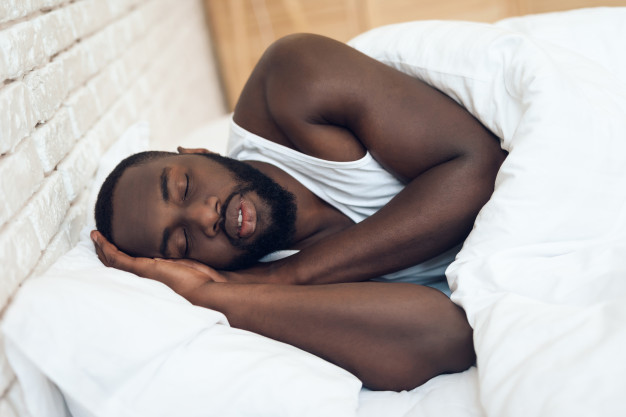You may have had 8 hours beauty sleep but you still find yourself yawning through the day. Are you reaching for a big cup of coffee before you feel ready to face the day. Here are 5 reasons you may not have thought of that can contribute to the feeling of exhaustion.
- Dehydration Make sure you get 7-8 glasses of water every day. Thirst can look like hunger, tiredness and dry skin. Water makes up 70% of the body so when the balance isn’t right things go wrong. You don’t even need to feel thirsty to be dehydrated so look out for dark urine, low mood or swollen fingers. Not to mention the feeling of low energy.
- Thyroid Disease Hyperthyroidism causes muscle fatigue and weakness, which you may notice first in the thighs. Exercises such as riding a bike or climbing stairs become more difficult. Other thyroid symptoms include unexplained weight loss, feeling warm all the time, increased heart rate, shorter and less frequent menstrual flows, and increased thirst. Hyperthyroidism is most commonly diagnosed in women in their 20s and 30s, but it can occur in older women and men too.
- Diabetes Diabetes in an extremely large issue in PNG, it is all too common. Aside from feeling tired all the time, other signs include excessive thirst, frequent urination, hunger, weight loss, irritability, yeast infections, and blurred vision.
- Depression More than “the blues,” depression is a major illness that affects the way we sleep, eat, and feel about ourselves and others. Without treatment, the symptoms of depression may last for weeks, months, or even years. We don’t all experience depression in the same way. But commonly, depression can cause decreased energy, changes in sleeping and eating patterns, problems with memory and concentration, and feelings of hopelessness, worthlessness and negativity.
- Sleep Apnoea You could have this sleep-disrupting problem if you wake up feeling tired no matter how much rest you think you got. Sleep apnoea symptoms include brief interruptions of breathing during sleep. In the most common type, obstructive sleep apnoea, your upper airway actually closes or collapses for a few seconds, which, in turn, alerts your brain to wake you up to begin breathing again. This is more than just snoring.
If you have any of these symptoms, please see a doctor.


Recent Comments